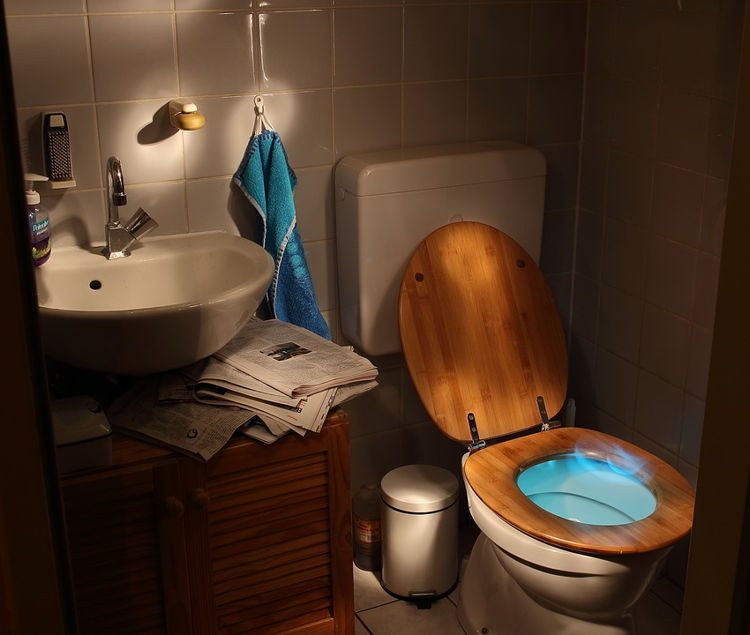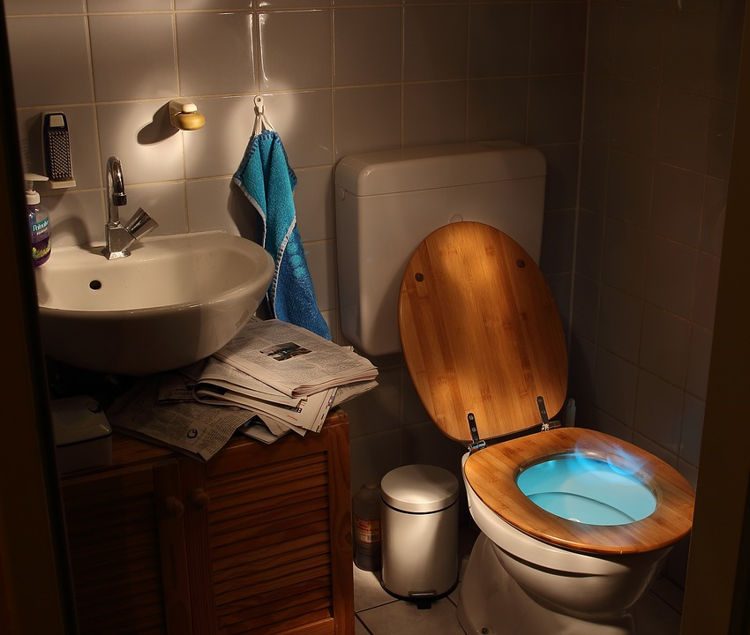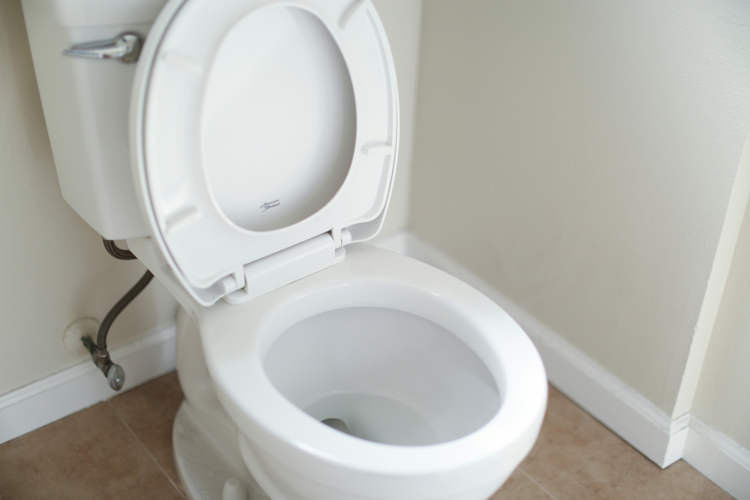A Hong Kong woman reportedly suffered a case of short-term amnesia which made her unable to remember anything from the last 10 years of her life, after straining too hard on the toilet due to constipation.
We all know that straining too hard when trying to move bowels can have a host of side effects, including minor ones like dizziness and headache, and life-threatening ones like strokes. However, according to anecdotal evidence that went viral on Chinese social media last week, we can now add short-term amnesia to the list of possible symptoms associated with over-straining on the toilet. Experts say that while unlikely, this side-effect may be explained by the lack of oxygen to certain parts of the brain.

Photo: philEOS/Pixabay
In a bizarre case recently reported by China News, a woman who strained too hard trying to evacuate stool ended up losing most of her memories from the last 10 years for a period of about 8 hours. According to a member of her family, who recounted the events on social media, the woman had been suffering from constipation for a while and spent a long time in the toilet trying to move bowels. When she came out, she appeared to have forgotten most of the things that she had experienced over the last decade or so.
The woman’s short term amnesia reportedly went away after about 8 hours, but her family took her to the hospital thinking there was something wrong with her brain. After conducting several tests, doctors concluded that the woman’s brain activity was normal and couldn’t say for sure what had caused the short-term memory loss. The woman herself couldn’t remember suffering from amnesia either, which left her family dumbfounded.
While many people dismissed the whole thing as fake, Chinese neurosurgeon Peng Jiaxiong confirmed that in very rare cases, some people may experience amnesia as a side-effect of over-straining on the toilet bowl. Peng explained that the condition is most likely caused by insufficient blood flow to the brain. Normally, the heart ensures a steady flow of oxygen-full blood to our brain through the jugular vein, but an increase in abdominal and intra-cerebral pressure caused by over-straining causes the incomplete closure of the vein, which may lead to hypoxia.
via World of Buzz













